In the field of Neurology, we encounter a variety of disorders that affect the nervous system. Here are some of the most common conditions:
- Headaches and Migraines: These are among the most frequent neurological complaints. Migraines, particularly, can be debilitating, causing severe pain, sensitivity to light, and nausea.
- Dizziness: Feeling dizzy is a common reason why patients need to see a neurologist. While dizziness is sometimes caused by non-neurological causes, neurological assessment is crucial to focus investigations appropriately.
- Blackouts, Seizures, and Epilepsy: Blackouts and seizures can be alarming. Epilepsy, a condition characterized by liability to having recurrent seizures, requires careful management.
- Sensory Symptoms and Neuropathy: These involve abnormal sensations such as burning or shooting pain, numbness, tingling, pins and needles. Neuropathy is one of the causes of such symptoms, being assessed and examined by a Neurologist will help you understand where the symptoms originate from and decide on necessary tests and treatment plan.
- Movement Disorders, Tremors, and Parkinson’s Disease: These conditions affect movement control. Parkinson’s disease, for instance, leads to difficulty with maintaining posture, stiffness, slowness, and/or tremors.
- Memory Difficulty and Dementia: Memory problems can range from mild cognitive impairment to dementia. Common causes of dementia include Alzheimer’s disease, frontotemporal dementia, Lewy body dementia, and others.
Understanding these disorders is crucial for timely diagnosis and treatment. If you’re experiencing any related symptoms, it’s important to seek professional advice. For more information or a consultation, visit the contact section of our website.
